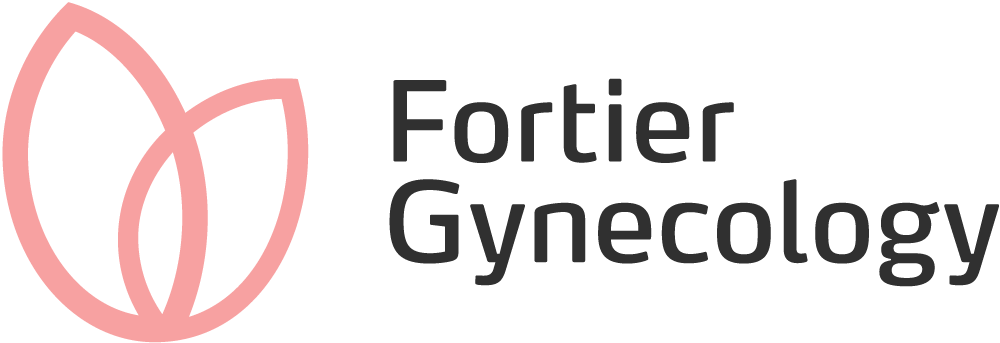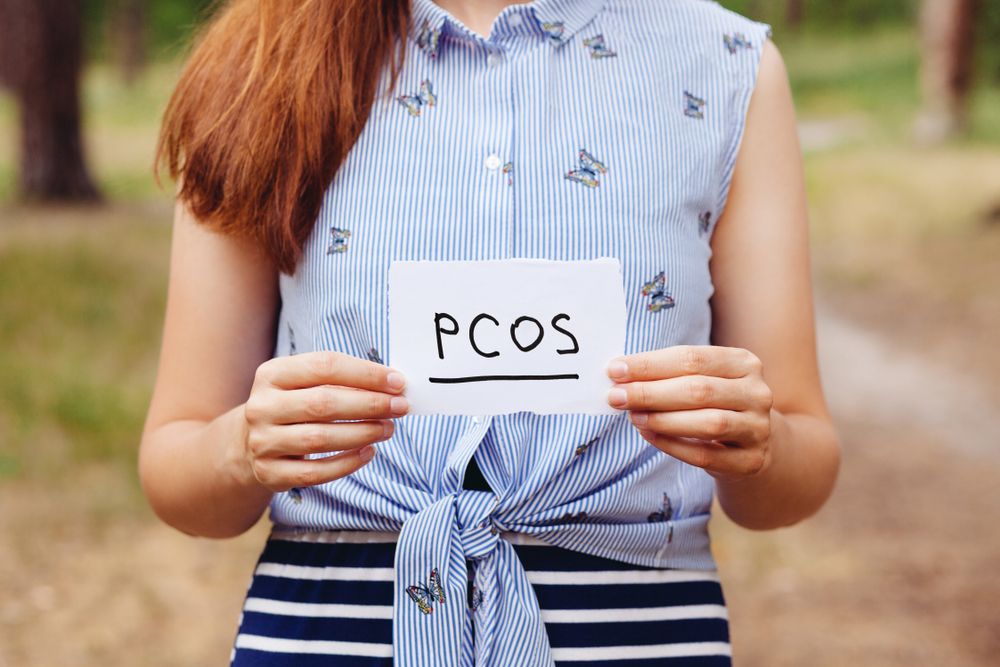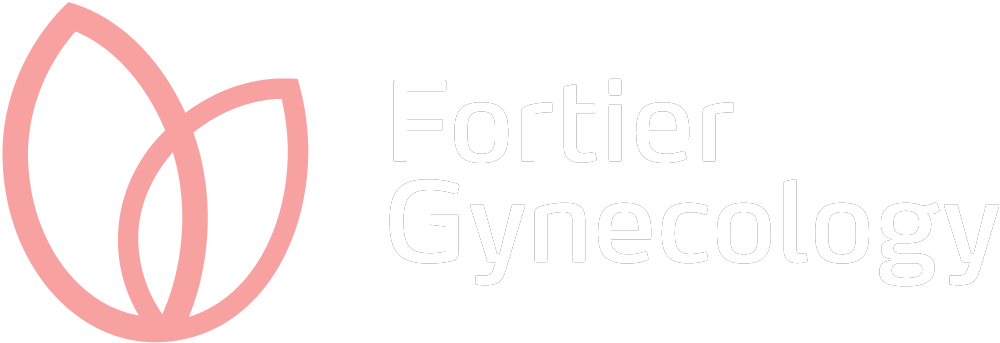What is polycystic ovary syndrome (PCOS)?
PCOS is a hormonal and metabolic disorder characterized by three traits: ovulatory dysfunction, hyperandrogenism, and polycystic ovaries. Depending on the specific definition used a woman with PCOS may have two or all three traits.
- Ovulatory dysfunction – A disruption of the regular monthly cycle of ovulation. This leads to irregular menstrual cycles that are unpredictable, infrequent, and often heavy. It can cause infertility.
- Hyperandrogenism – The state of having excess amounts of testosterone and similar hormones. Common effects include acne and male pattern hair growth.
- Polycystic ovaries – The ovaries have numerous (often more than twenty) small cysts. These do not cause symptoms but can be seen with ultrasound as a sign of PCOS.
How common is PCOS?
PCOS may occur in 5-10% of all menstrual-aged women.
What causes PCOS?
The cause is unknown. There seems to be somewhat of a genetic factor because it is more common among some families (though there is no specific genetic test). It is associated with other abnormalities regarding the hormones that regulate the ovaries (including ovulation) and the way your body uses insulin. These are associated with increased risks of diabetes, obesity, heart disease, and sleep apnea.
How is PCOS diagnosed?
PCOS is a “clinical diagnosis” – there is no single test, and the diagnosis is based on a combination of each patient’s signs, symptoms, blood tests, and ultrasound. Classically, a woman will present with irregular or absent menses, acne and/or excess hair growth, and multiple small ovarian cysts on ultrasound. All three are not present in every patient and most experts agree that two out of three determine a diagnosis of PCOS. A number of blood tests are also performed to identify or rule out other causes of these traits.
Is there a cure for PCOS?
There is no cure, but the good news is that there are numerous treatments that can be very effective for various symptoms.
Should PCOS be treated?
The infrequent, irregular menses must be addressed and treated – they indicate that the uterine lining (the “endometrium”) is not undergoing a clear shedding each month. Except during pregnancy, this can lead to an unhealthy buildup that can cause very heavy erratic bleeding and can become cancerous with time. The patient may also desire treatment of the symptoms of acne and excess hair growth. The small ovarian cysts are not harmful and will not develop into larger painful cysts or cancer. They are merely signs or markers for PCOS.
What are some treatments for PCOS?
Oral contraceptives are a good approach for many women with PCOS. They cause a thinning of the excess uterine buildup and allow monthly shedding. If given continuously (without a monthly break for a period), they further limit the growth of the lining and prevent excess buildup. They also reduce the ovaries’ production of testosterone, which may provide relief from the hyperandrogenism symptoms. Monthly hormonal progestogens can also prevent the buildup of the lining, but they don’t provide birth control or reduce testosterone production.
Weight loss, for the majority of PCOS patients who are overweight, may be helpful in reducing the signs and symptoms of PCOS. This may be attempted through diet and lifestyle changes. Increased exercise may similarly be useful.
Metformin improves the effectiveness of insulin in the body. It is most commonly used to treat diabetes but also has a role in some PCOS patients by reducing symptoms and enhancing their ability to lose weight.
Spironolactone is an anti-testosterone that may be used to mitigate excess hair growth, especially for those who do not get satisfactory results with oral contraceptives.
PCOS and infertility
The lack of regular menses in PCOS is a sign that ovulation (the release of an egg from the ovary) is not occurring regularly or at all. Pregnancy is impossible to achieve without ovulation. Sometimes weight loss alone can trigger the return to regular ovulation. When this does not occur, ovulation can be “induced” in about 80% of patients using clomiphene or letrozole, with pregnancy occurring in about 50%.
This step, of course, entails thorough discussion, evidence that other contributing factors to infertility do not exist, and shared decision-making between doctor and patient. In cases where ovulation induction does not result in pregnancy, patients may be referred to sub-specialists for assisted reproductive technologies such as IVF.
Note: PCOS is a complex medical disorder. The approach and treatment must be conscientious and individualized for each patient. This article is intended for general information and an orientation to the approach of this practice. For questions or an appointment, please call us at 919-916-3333.


